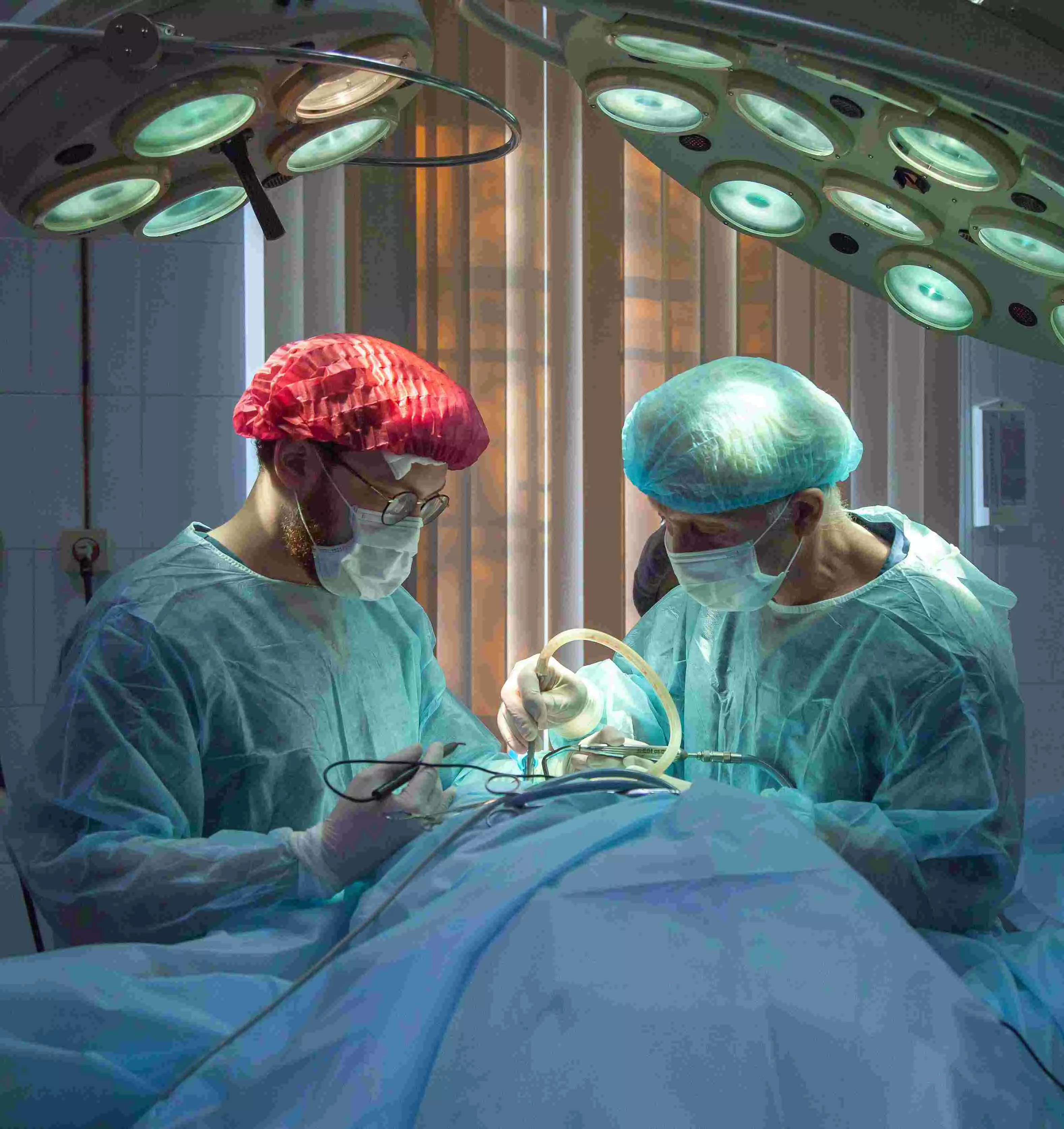Harbinger of change
Ayushman Bharat is transforming India's healthcare by providing free, accessible surgeries, apart from indirectly facilitating medical infrastructure and increasing postgraduate seats—paving the way for equitable, quality services nationwide

Prime Minister Narendra Modi launched the Ayushman Bharat Pradhan Mantri Jan Arogya Yojana (AB PM-JAY) with a vision and mission to provide accessible, affordable and equitable healthcare to the person at the last mile. As the flagship healthcare scheme celebrates six years of its implementation, over seven crore hospital admissions have been authorised under the scheme. These numbers are a testament of how the AB PM-JAY is transforming Indian healthcare.
This scheme covers about 40 per cent of India's population. It is a cashless and paperless scheme which covers pre-existing diseases and offers 1949 procedures, mainly surgeries.
How Ayush Bharat will transform Indian healthcare?
Surgery is the unwanted stepchild of modern medicine. Ayushman Bharat is the first government scheme in the history of India to have highlighted the importance of surgery in public health. Even Millennium Development Goals of the WHO do not prioritise surgical care. Public health policies are always focussed on malaria, TB and HIV. While malaria, TB and HIV annually kill about 3.5 million people, lack of access to safe surgery kills more than 17 million people globally. These are not complex surgeries on the heart or the brain. These are simple “bellwether” surgeries such as caesarean section for obstructed delivery, surgery for a burst appendix and surgery for compound fractures. If these “bellwether” surgeries become available to the common man across the length and breadth of the country, we can save millions of young precious lives. India needs to perform 70 million surgeries a year but, unfortunately, India only performs about 20 to 25 million surgeries a year, out of which 8.5 million surgeries are cataract surgeries on eyes. Since Ayushman Bharat pays for the surgeries in both private and government hospitals, the number of surgeries done in private hospitals should increase, making them financially viable, thus further improving their infrastructure.
Ayushman Bharat has created an awareness about the importance of early surgery. In the process, the number of surgeries done In government and private hospitals have increased significantly. Additional revenue from the scheme has improved the infrastructure of many of these hospitals. In the process, many government and private hospitals with over 200 beds have become postgraduate institutions offering 2-year diploma courses (DNB) in broad specialties like gynaecology, paediatrics, anaesthesiology etc., thanks to the Ministry of Health which empowered the NBE to develop innovative programmes to double the number of postgraduate seats. It is the young postgraduate students who will make government hospitals vibrant and take care of the patients. The entire National Health Service of England is managed by postgraduate students, with a few visiting consultants. My first job in England was at a cardiac surgical unit inside a TB sanatorium in Leeds, where no English doctor wanted to work. However, this route helped me eventually land at Guy's Hospital in London as a cardiac surgeon. Becoming a postgraduate institution will automatically address the shortage of doctors in government hospitals without significantly adding to the salary burden.
India: a global healthcare pioneer
India can become the first country in the world to dissociate healthcare from wealth. India can prove to the world that the wealth of the nation or the family has no bearing on the quality of healthcare its citizens will enjoy. This transformation is achievable in less than 5 to 7 years, thanks to the political leadership and vision that, in just 8 years, nearly doubled the undergraduate and postgraduate seats in medical colleges. This was unthinkable in the past. Thanks to the dynamic leadership at the National Board of Examination, a large number of non-medical college hospitals with great infrastructure and expertise are converted into postgraduate institutions, training thousands of extremely skilled medical specialists. The biggest missing link in Indian healthcare has always been the inability of the bottom 40 per cent of the population to pay for surgeries. With Ayushman Bharat supporting multiple state-launched health schemes, today, virtually every Indian state has health insurance to pay for surgeries of the underprivileged. The Insurance Regulatory Authority of India, under the dynamic new leadership, is aggressively expanding the health insurance cover for the missing middle. 100 million middle class families called “Missing middle” cannot afford the cost of healthcare, but they can afford health insurance. It is a matter of time before many innovative affordable health insurance will emerge from health insurance companies and hospital groups.
As a child born soon after independence, I cherished reading newspapers. One inspiring statement frequently heard from visiting delegates from overseas was, 'India is the country of the future.' It used to genuinely make me happy and proud. Thanks to Prime Minister Narendra Modi and his proactive government, I can now hear the knocking on the door. A few more bold steps, and we will be there.
The writer is Senior Cardiac Surgeon & Chairman of Narayana Health. Views expressed are personal



